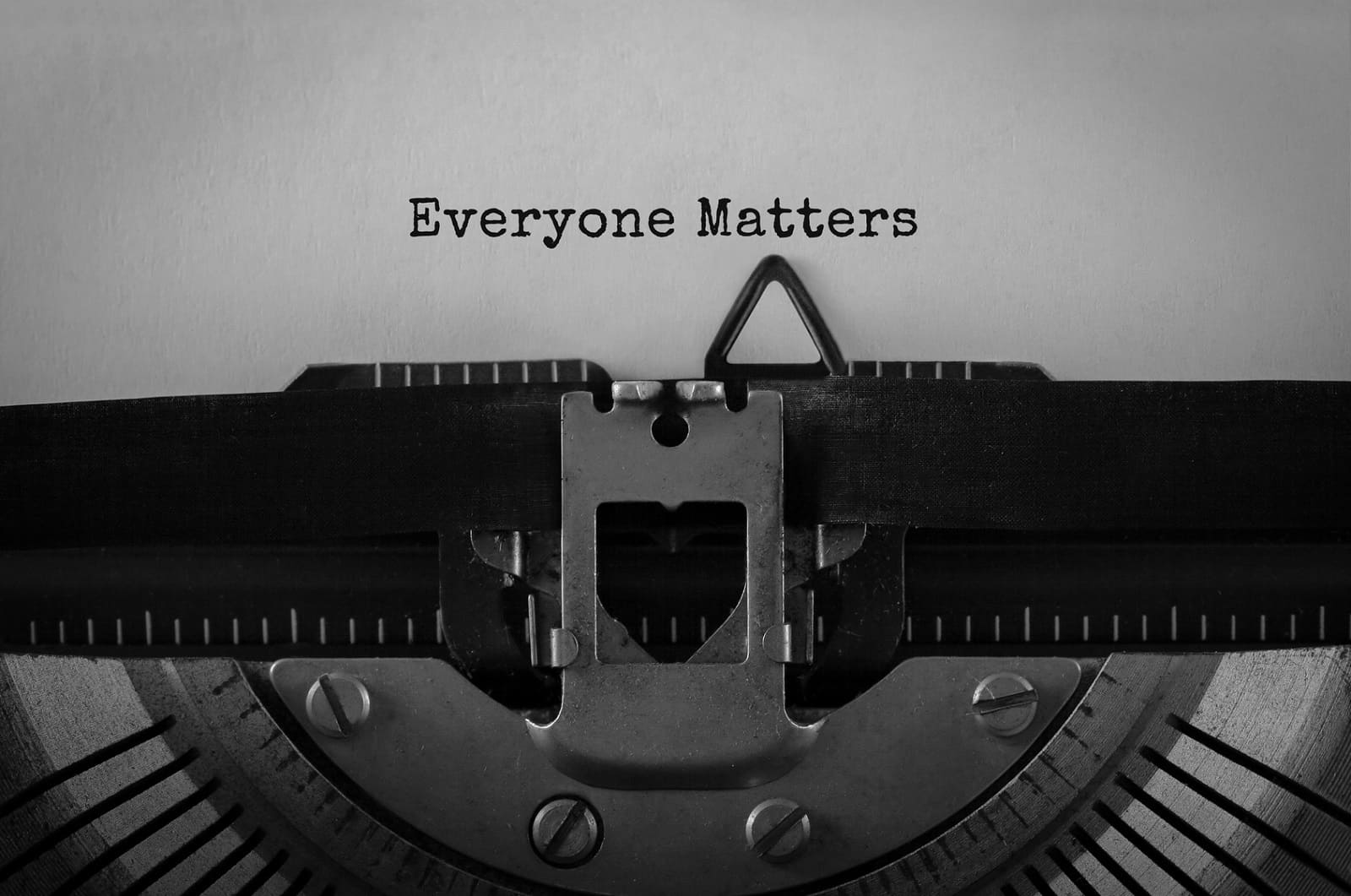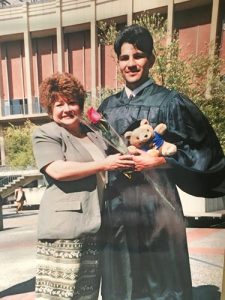July 11, 2018
By Mike Gaeta
As a caretaker and advocate for my mom, it’s been daunting navigating both the cultural barriers in my Latino community and trying to access mental health services. Thus far, these challenges have proven too difficult to surmount in getting my mother adequate treatment for schizoaffective disorder.

Years before my mother got an official diagnosis, we viewed her “locura” (craziness) as just part of her personality. In hindsight, it was clear there were times when my mom was harboring extreme delusions and experiencing bouts of mania. At the time, though, it was our pride that probably led us to downplay my mom’s problems.
Pride is a common problem among Latino families—we don’t like people seeing our weaknesses. We don’t want to admit we even have any. Many of us also come from working class or impoverished backgrounds, which instills in us a deep-seated perseverance—an attitude encapsulated by the slogan “¡si se puede!”
Latino families are also very private, as problems are settled within the immediate family. This extends even to family gatherings. During these events, I would try to help my mom socially navigate, in the hopes of concealing any irrational behavior. But attending extended family functions began to occur less frequently as my mom’s mental health deteriorated.
She started to accuse the family of working for the FBI to spy on her and my dad of trying to kill her by putting poison in her food and drink. She’d wake up in the middle of the night and insist she heard people trying to get inside the house to kill her. Suggesting she see a psychiatrist made my mom angry and hostile, and everyone else miserable.
About three or four years into my mom showing symptoms, I began to take a more direct role in trying to get help and treatment for her. By then, my parents were divorced, but still living together. My mom was unemployed and uninsured, and her psychosis was constant. She had nowhere else to go and my dad was reluctant to kick his high school sweetheart out of the house.
Lack of health insurance was a significant barrier for us when I first tried to get her help. This is a problem experienced by too many Latinos. Additionally, my mom didn’t have an official diagnosis (which is proof of a disability) that we could use to apply for Medicaid.
I decided to move my mom in with me in San Francisco. The city was in its early years of offering health care services to impoverished, uninsured residents. I enrolled my mom, and we began accessing community medical and mental health services.

Fast forward nine years later. Despite my best efforts, my mom still remains untreated. In that time, my mom has been released from hospitals against my wishes and has developed various serious medical issues. Trying to access outpatient services, whether community centers or county services, has proven to be entirely useless. In one case, it was hard to even get in the door when we tried to access a county mental health program. My mom was denied services (“found not eligible”) because she didn’t admit to having a mental illness during her initial interview/evaluation. It took pressure and advocacy on my part to finally get her enrolled.
There are gross inadequacies and structural problems in the mental health system. More and better family education and outreach are essential in order to mitigate the cultural barriers that play a part in impeding Latino families from realizing and accepting they need help. Training and employing more culturally responsive and competent mental health staff and psychiatrists, and expanding community mental health centers/clinics are also important.
For example, the Latino mental health center we used in San Francisco was a blessing in helping us finally get an official diagnosis for my mom. With his cultural competence and skill, the psychiatrist my mom saw was able to build trust and a rapport with my mom relatively quickly, despite her deep reluctance in seeing him.
I will advocate for treatment centers like these for the rest of my life. My mom, my family and my community deserve quality care.
Mike was born in Fresno, CA, the grandchild of Mexican immigrants. He has been teaching at a community college in the Bay Area for ten years and is a caregiver for his mom who is diagnosed with Schizoaffective Disorder. Read his blog here.
Note: An earlier version of this blog appeared on NAMI.org in July 2017.
We’re always accepting submissions to the NAMI Blog! We feature the latest research, stories of recovery, ways to end stigma and strategies for living well with mental illness. Most importantly: We feature your voices.
Check out our Submission Guidelines for more information.
Submit To The NAMI Blog
We’re always accepting submissions to the NAMI Blog! We feature the latest research, stories of recovery, ways to end stigma and strategies for living well with mental illness. Most importantly: We feature your voices.
LEARN MORE